'A self-confident and self-sustaining India will make it a more effective player in the global arena,' External Affairs Minister Dr Subrahmanyam Jaishankar points out delivering the Sardar Patel Lecture-2020: India and the Post-Covid World. The second part of a multi-part feature.
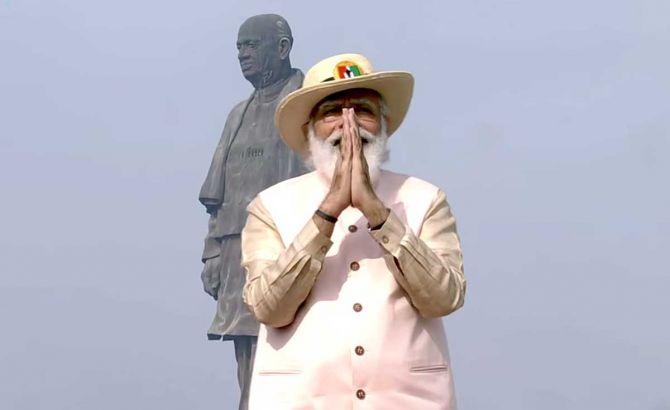
The quest for a more perfect union is one that is pursued by all diverse societies and federal polities.
Indeed, if there is one area on which Sardar Patel left an indelible imprint, it is in national integration.
As a civilisation that values unity in diversity, it is vital that we nurture the bonds that bind us together.
Our journey in the last seventy-three years has not been without its obstacles.
If we have successfully surmounted them, it is in large part due to a national determination that emanates from the Sardar's legacy.
But there are issues left over from his era where neglect has been rationaliSed to great measure over the years.
Catering to vested interests or ignoring ground realities cannot serve us well.
World politics is extremely competitive and others are constantly looking for weaknesses within.
Our deep underlying pluralism that harmoniSes so much diversity is our civilizational strength, not a contemporary creation.
We know this intuitively; the rest of the world will always struggle to understand.
An India that is true to its roots will always be strong and resilient.
Our thinking is best driven by self-belief and national awareness.
Sardar Patel repeatedly cautioned against submitting our positions to the interests and judgement of others.
That holds true as much now as it did then.
While there is much to be done at home, it is also true that this cannot be divorced from global happenings.
The world is, at the very least, a shaper of domestic developments; and at times, even a driver in certain respect.
To give practical effect to an agenda of recovery, resilience, and reform, it is necessary to fashion a strategy at multiple levels.
That would start with building capabilities at home, but do so recognizing the value that the external world can bring to this process.
To facilitate that, India must build optimal relationships with key international players and groupings.
At the same time, the larger landscape and the institutions that inhabit them should remain favourably disposed.
The pursuit of these objectives constitutes the core of our foreign policy.
As the post-pandemic agenda acquires greater urgency, there will be a parallel increase in the vigour in implementing these approaches.
The challenge here, however, is that the COVID-19 has added to the complexity of a world order that was already in transition.
Therefore, getting our foreign policy calculations right is key to the effective realization of domestic development.
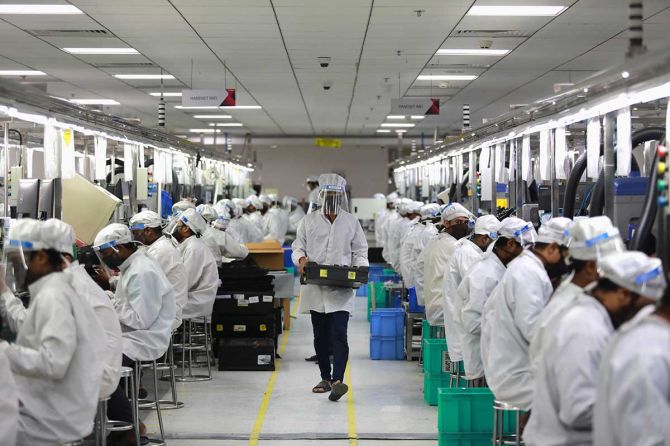
In the saga of modernisation, foreign collaborations and transactions have been the basis for absorbing better technologies and practices.
Identifying and facilitating these inputs became the priority of the foreign policies of countries that were more focused on rapid development.
We saw this in both East Asia and South East Asia.
In our case, there was an expectation that the opening of the Indian economy after 1991 would create similar outcomes.
A quarter century later, it is apparent that this has not been the result.
Instead of absorbing technologies and enhancing our capabilities, we have allowed subsidized imports to substitute our own production.
The result is the hollowing out of sectors and an undermining of small and medium enterprises that constitute the backbone of any large economy.
This cannot be allowed to continue.
Looking back, it is difficult to think of any comparable economy that has leveraged its market access so inadequately.
Some of the responsibility can be rightly laid on the arrangements that were negotiated in this period.
But there is also the larger reality of market distortions and non-market players.
Yet, the powerful narrative of political correctness kept us on a questionable path for too long.
Today, an ability to think for ourselves creates an outlook more in consonance with our national interest.
In approaching foreign partners, we need to accurately assess their complementarity, before reaching understandings.
There can always be a case for flexibility and even generosity towards friendly neighbours.
But as a rule, reciprocity and mutual benefit must guide our thinking.
That past experiences have not always worked well, however, does not make the argument for engaging the world weaker.
On the contrary, post-Covid recovery necessitates both a stronger international collaboration at home and a larger economic participation abroad.
Assessing opportunities must be supported by improving methods of doing business.
In real life, G2G arrangements tend to be complicated and time-consuming.
The urgency of the challenge is better met by approaches that yield larger benefits in a shorter time frame.
Strengthening the enabling environment for a more effective participation in global supply chains becomes a priority.
Encouraging our own businesses in that regard and improving the domestic investment climate are obvious corollaries.
For those of us in the government, a stress on G2B must parallel that on G2G.
Experiences of other high growth economies highlight the importance of dedicated Government efforts to bring critical global capacities to our country.
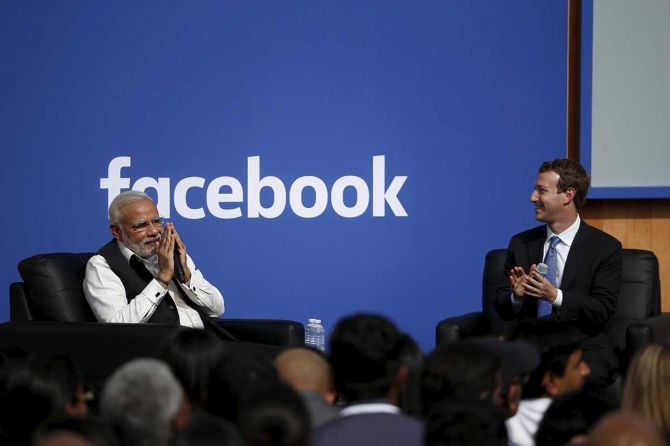
Trust and resilience are two characteristics that will command a premium in the post-Covid times.
The pandemic came when global suspicions were already rising and trade frictions were well advanced.
The behaviour of states during this period only further highlighted the value of more dependable supply chains.
In some cases, they may be shorter; in others, they could simply be more trusted.
It is also essential to realize that there has been an evolution in our very understanding of national security.
The world was already visualising economic security as its intrinsic element.
To that, can now be added the requirements of health security as well.
And increasingly, data security.
In fact, a combination of these developments has also revived a debate on strategic autonomy.
Paradoxically, this is now felt more in the developed, rather than developing nations.
And on economic and technology issues, rather than just security interests.
For India, it is imperative to participate vigorously in the coming global conversations and in the framing of contemporary policies.
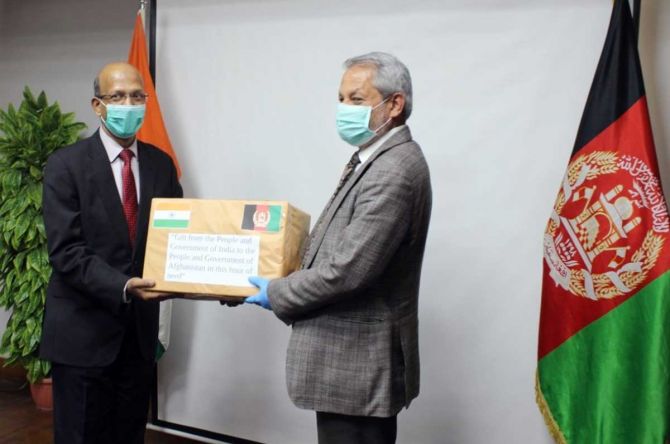
Over the last two decades, we have firmly established a global 'techie' reputation that helps both business and branding.
The pandemic has now shored up the perception of India as the pharmacy of the world.
After all, we not only ramped up production to meet a spike in global demands. but actually supplied medicines to a 150 countries, many of them on a grant basis.
The attention is also shifting to the difference we will make in ensuring that vaccines for the Covid are affordable and accessible.
There are other areas as well where Indian talent can make a global impact.
As the world moves towards a knowledge economy, the salience of engineering and innovation will only grow.
Applications of technology will also create an ever wider domain of services.
Even agriculture holds new possibilities, once it is liberated from the current constraints.
Like many others, we approach the world to a considerable degree as a marketplace.
But given our expanding talent pool, we also visualise it as a global workplace.
If mobility is already so significant in our calculations, the work-from-home culture spawned by the pandemic could well open up new vistas.
Feature Presentation: Ashish Narsale/Rediff.com
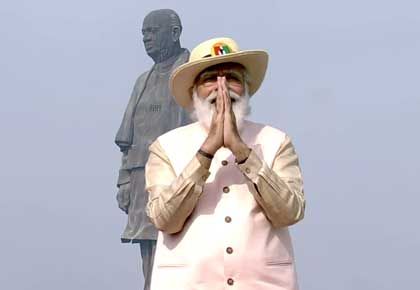
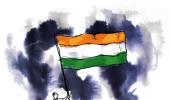










 © 2025
© 2025